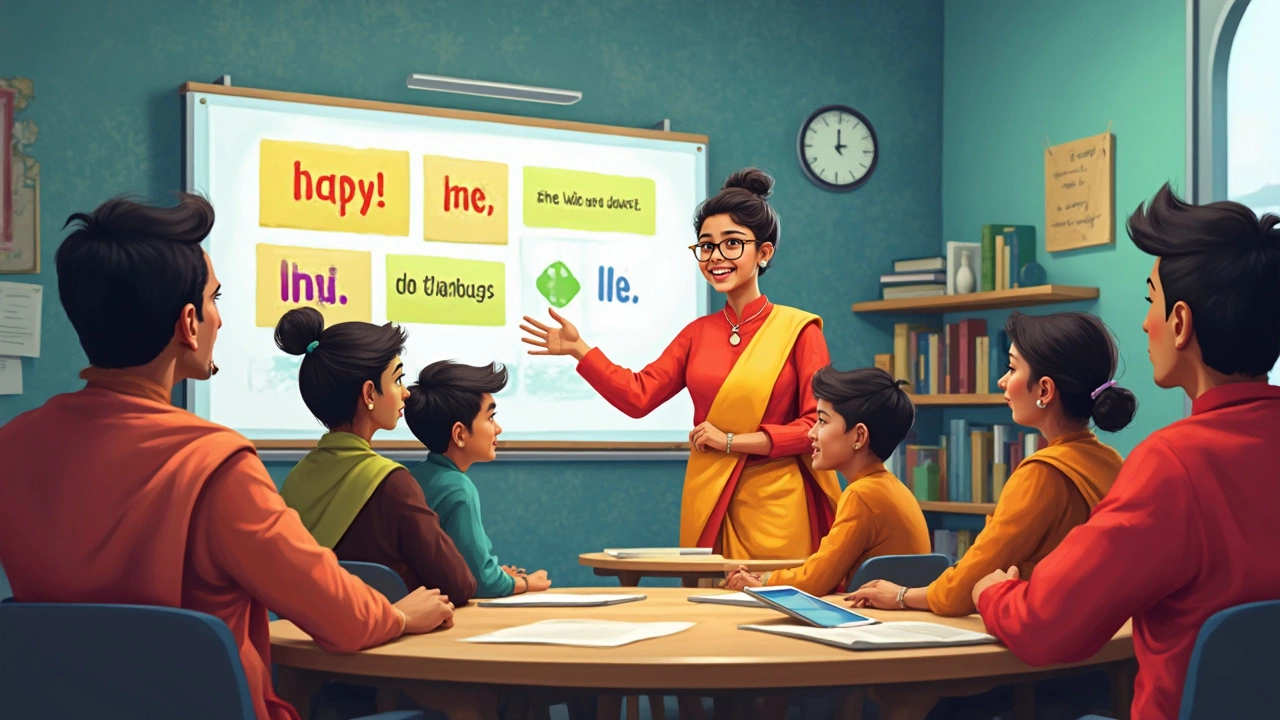Adult Beginners – How to Start Learning Anything at Any Age
If you’re thinking about picking up a new skill after the teen years, you’re not alone. Many adults feel uncertain, but the good news is that learning as an adult is totally doable. The key is to keep things simple, set realistic goals, and use the right resources.
First, pick one clear goal. Instead of saying "I want to learn coding," say "I want to write my first simple program in Python within a month." A specific goal tells your brain what to aim for and makes progress easy to measure.
Choose the Right Learning Path
There are tons of free and paid options online—videos, articles, interactive quizzes, and community forums. For adult beginners, short video lessons combined with hands‑on practice work best. They let you see concepts in action and then try them out right away. Look for courses that break topics into bite‑size chunks and give you quick checkpoints.
When you spot a resource, check two things: is the language plain, and does it include real‑world examples? If the tutorial talks about "variables" without showing an example, it will feel abstract. A good tutorial will walk you through a simple project—like building a personal budget calculator—so you see why the skill matters.
Build a Routine That Sticks
Adults have busy schedules, so consistency beats intensity. Aim for 20‑30 minutes a day instead of a marathon session once a week. Set a regular time—maybe right after breakfast or during a lunch break—and treat it like any other appointment. Use a planner or a phone reminder to keep yourself honest.
Track your progress in a notebook or a digital checklist. Write down what you learned each day and note any questions that pop up. When you revisit those notes later, you’ll see how far you’ve come, which fuels motivation.
Don’t be afraid to ask for help. Many online communities have sections for "new learners" where members share tips and answer questions. Posting a short, specific query (e.g., "Why does my loop stop after the first iteration?") usually gets a fast, helpful reply.
Finally, celebrate small wins. Finished your first coding exercise? Treat yourself to a coffee. Completed a language lesson? Share your achievement with a friend. These tiny rewards keep the learning habit alive.
Whether you’re exploring coding, a new language, or any other skill, the adult beginner’s journey is all about easy steps, regular practice, and using resources that speak your language. Start today, stay consistent, and watch yourself grow.
Teaching English to Adult Beginners: Simple Steps to Success
Teaching English to adult beginners can be both challenging and rewarding. This article offers practical tips and insights to make the learning process enjoyable and effective. Whether it's using relatable examples, focusing on conversation, or leveraging technology, this guide provides strategies to help adult learners master English with confidence.
